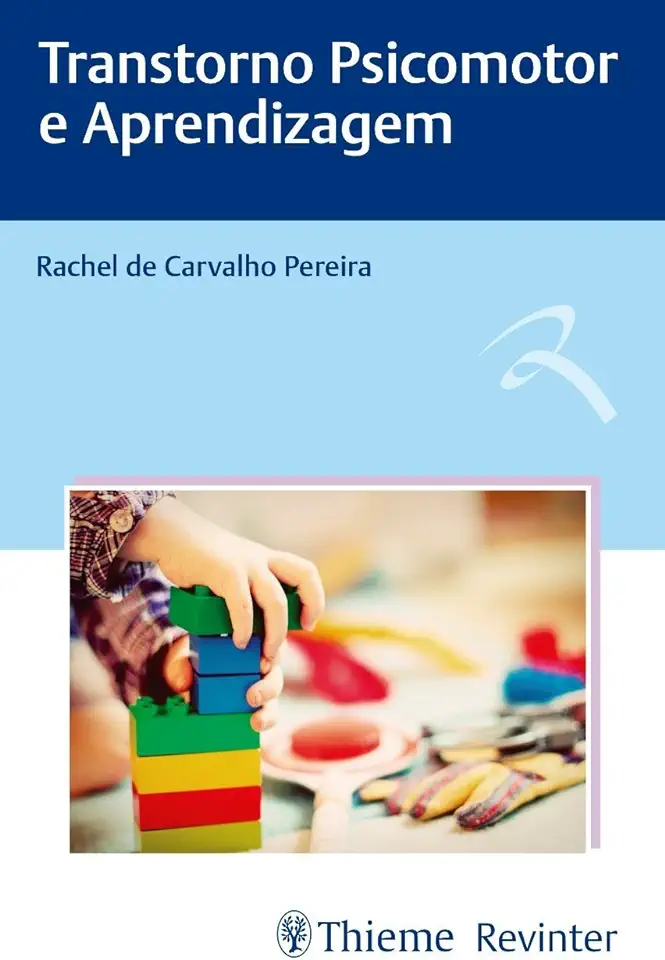
Psychomotor Disorder and Learning - Pereira, Rachel
Psychomotor Disorder and Learning: A Comprehensive Guide for Educators and Parents
Introduction
Psychomotor disorders are a group of conditions that affect a person's ability to move and coordinate their muscles. These disorders can range from mild to severe, and they can have a significant impact on a person's ability to learn and participate in everyday activities.
In this comprehensive guide, Dr. Rachel Pereira provides a detailed overview of psychomotor disorders, including their causes, symptoms, and treatment options. She also offers practical advice for educators and parents on how to support children with psychomotor disorders in the classroom and at home.
What are Psychomotor Disorders?
Psychomotor disorders are a group of conditions that affect a person's ability to move and coordinate their muscles. These disorders can be caused by a variety of factors, including:
- Brain injuries
- Genetic disorders
- Developmental delays
- Infections
- Environmental toxins
Symptoms of Psychomotor Disorders
The symptoms of psychomotor disorders can vary depending on the severity of the condition. Some common symptoms include:
- Difficulty with fine motor skills, such as writing, drawing, and buttoning clothes
- Difficulty with gross motor skills, such as walking, running, and jumping
- Clumsiness
- Poor coordination
- Tremors
- Muscle weakness
- Speech problems
- Difficulty with balance
- Attention problems
- Impulsivity
- Hyperactivity
Treatment Options for Psychomotor Disorders
There is no cure for psychomotor disorders, but there are a variety of treatment options that can help to improve symptoms and function. These treatments may include:
- Physical therapy
- Occupational therapy
- Speech therapy
- Medication
- Special education
- Assistive technology
Supporting Children with Psychomotor Disorders in the Classroom
Children with psychomotor disorders may need extra support in the classroom in order to succeed. Some strategies that can be helpful include:
- Providing clear and concise instructions
- Breaking down tasks into smaller steps
- Offering opportunities for hands-on learning
- Using visual aids
- Encouraging peer support
- Modifying assignments and tests as needed
Supporting Children with Psychomotor Disorders at Home
Parents can also play a vital role in supporting children with psychomotor disorders. Some strategies that can be helpful include:
- Encouraging your child to participate in physical activities
- Providing opportunities for your child to practice fine motor skills
- Helping your child with homework and other schoolwork
- Talking to your child about their feelings and concerns
- Seeking professional help if needed
Conclusion
Psychomotor disorders can have a significant impact on a person's ability to learn and participate in everyday activities. However, with early diagnosis and treatment, children with psychomotor disorders can learn to manage their symptoms and achieve their full potential.
This comprehensive guide provides a wealth of information on psychomotor disorders, including their causes, symptoms, and treatment options. It also offers practical advice for educators and parents on how to support children with psychomotor disorders in the classroom and at home.
If you are concerned that your child may have a psychomotor disorder, please talk to your doctor. Early diagnosis and treatment can make a big difference in your child's life.